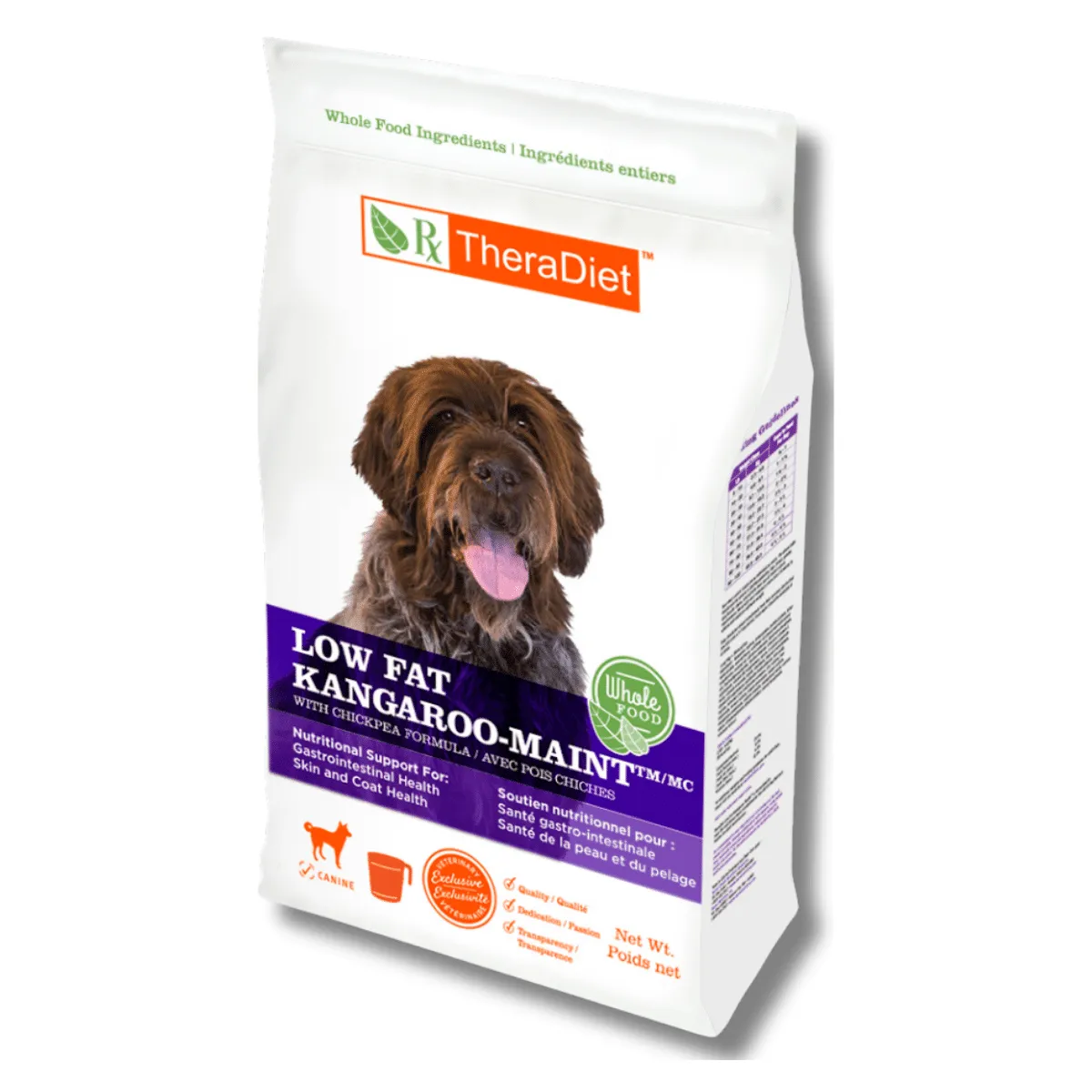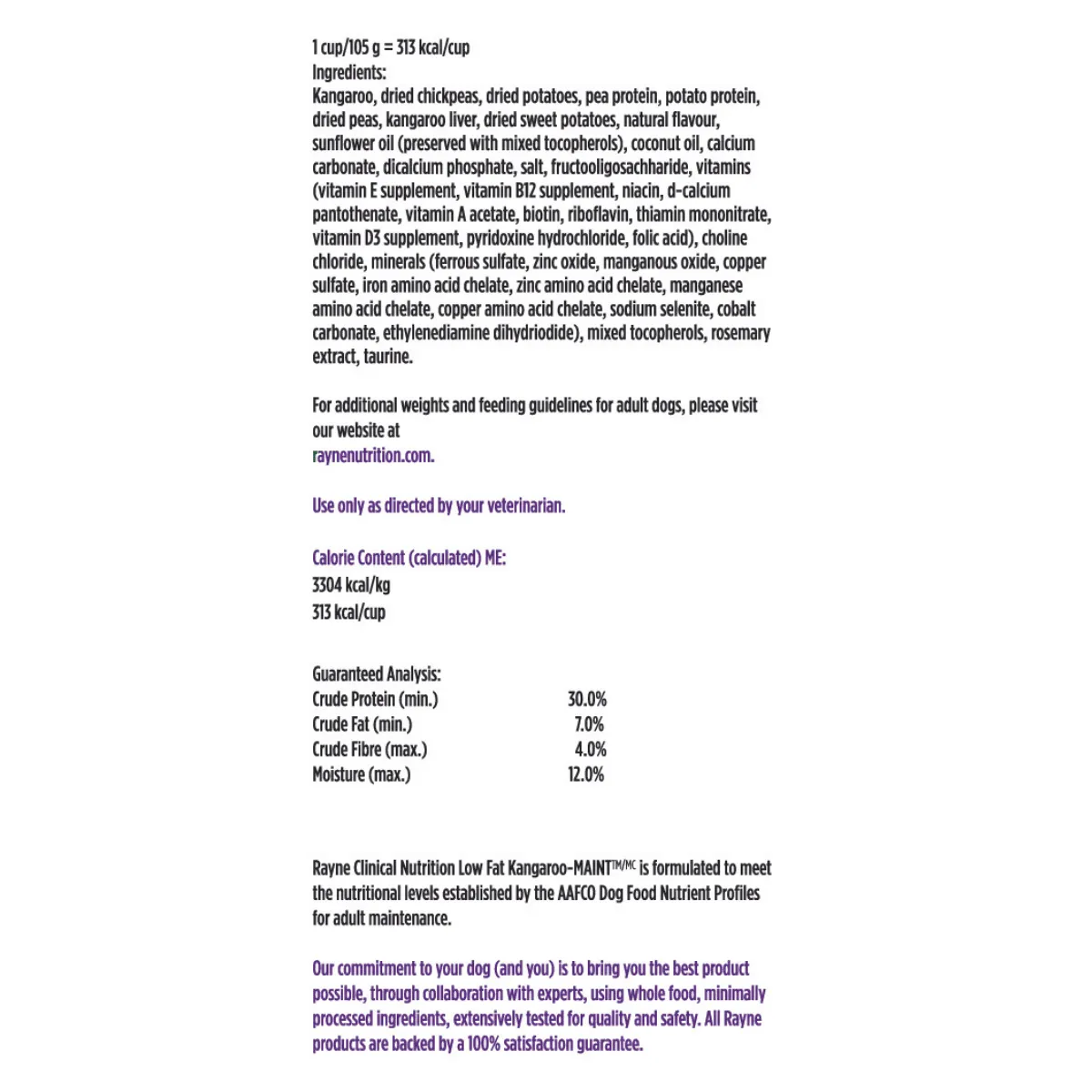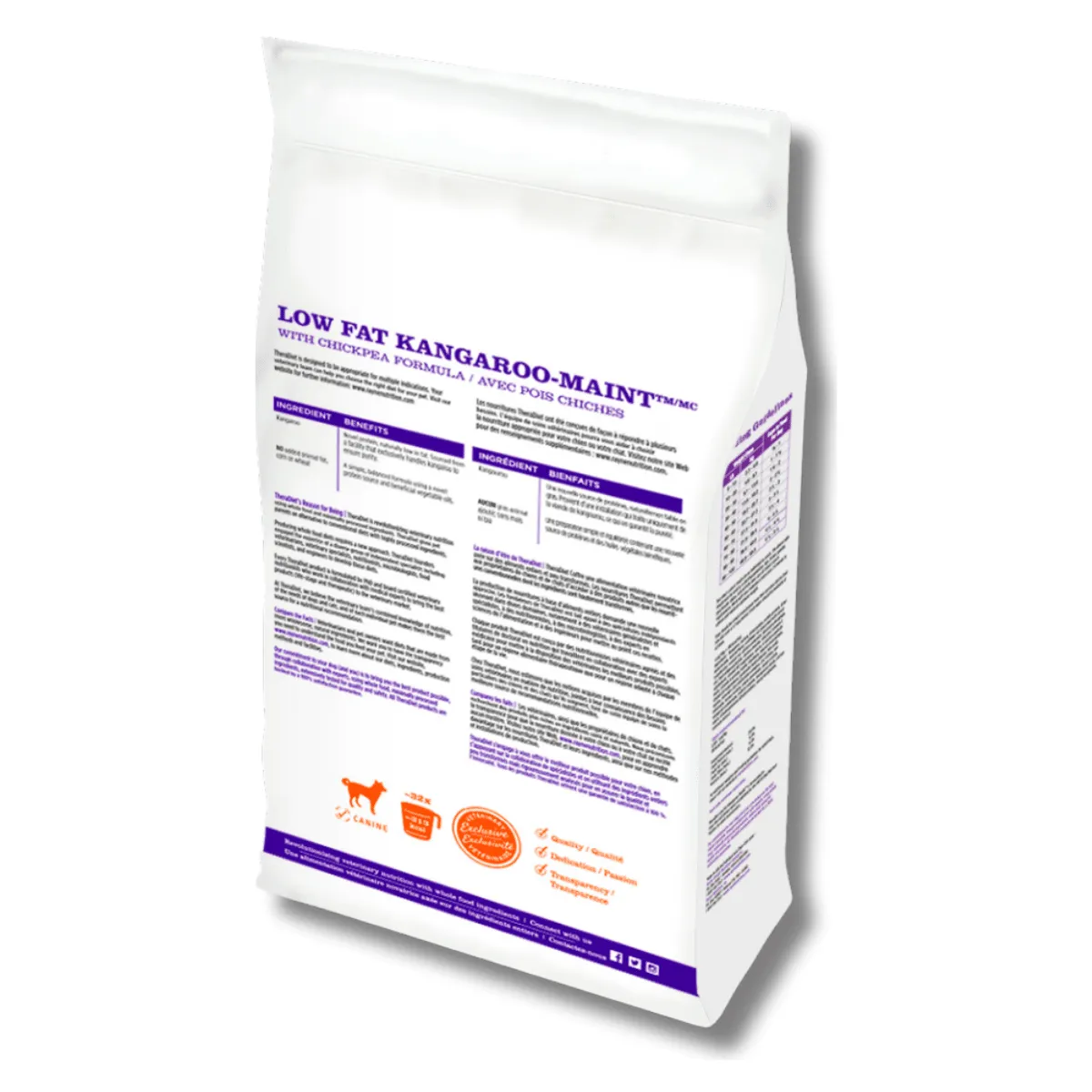For devoted dog owners, the quest for the perfect diet often leads to exploring unique and specialized options, especially for canine companions with sensitive stomachs, allergies, or particular dietary needs. Among these, Kangaroo Dog Food has emerged as a standout, offering a novel protein source that can be a game-changer for many pets. As experts in canine nutrition at Dog Care Story, we delve into why this distinct meat might be the ideal choice for your furry friend, providing both exceptional health benefits and a delicious alternative to more common proteins.
What Makes Kangaroo Dog Food a Unique Choice?
Kangaroo meat is a truly distinctive ingredient in the world of pet nutrition, primarily due to its status as a novel protein. For dogs struggling with food allergies or sensitivities to common proteins like chicken, beef, or lamb, switching to a novel protein diet can help reset their digestive system and reduce adverse reactions. The unique biological makeup of kangaroo means most dogs have not been previously exposed to it, making it an excellent hypoallergenic option. This lean, wild-sourced meat comes from animals that typically consume a natural, varied diet, contributing to its rich nutritional profile.
Beyond its hypoallergenic qualities, kangaroo meat boasts an impressive nutritional composition. It is naturally very lean, exceptionally high in protein, and notably low in fat, making it an excellent choice for dogs requiring strict weight management or those prone to pancreatitis. It’s also packed with essential nutrients, including iron, zinc, B vitamins, and beneficial omega-3 and omega-6 fatty acids, which are crucial for maintaining a healthy coat, skin, and overall vitality. The robust and natural lifestyle of kangaroos contributes to a nutrient density that stands apart from conventionally farmed meats.
Benefits of Feeding Your Dog Kangaroo-Based Diets
Choosing kangaroo dog food can unlock a variety of health advantages for your pet, addressing common issues with a wholesome and natural approach.
Ideal for Dogs with Allergies and Sensitivities
One of the most compelling reasons to consider kangaroo dog food is its effectiveness for dogs suffering from food allergies or intolerances. When a dog reacts to common proteins, their immune system mistakenly identifies the protein as a threat, leading to symptoms like itching, skin rashes, ear infections, and digestive upset. As a novel protein, kangaroo bypasses these common triggers, often providing significant relief. Many veterinarians recommend a limited ingredient diet featuring kangaroo as the primary protein source to help identify and manage food sensitivities.
Supports Digestive Health
The lean nature of kangaroo meat and its unique protein structure make it highly digestible for many dogs, even those with sensitive stomachs. A diet that is easy to process can reduce the workload on the digestive system, minimizing issues such as gas, bloating, and diarrhea. For dogs recovering from gastrointestinal upset or those with chronic digestive problems, a easily digestible food like kangaroo can aid in nutrient absorption and promote a healthier gut environment.
 Front view of Low Fat Kangaroo-MAINT Dry Dog Food packaging
Front view of Low Fat Kangaroo-MAINT Dry Dog Food packaging
Excellent for Weight Management and Pancreatitis
Kangaroo meat is renowned for being exceptionally lean, containing significantly less fat than many other protein sources. This characteristic makes low fat kangaroo dog food an outstanding option for dogs needing to shed a few pounds or those managing conditions that require a low-fat diet, such as pancreatitis. Pancreatitis is an inflammation of the pancreas, often exacerbated by high-fat foods. Providing a diet with controlled fat content, such as that found in kangaroo, can help manage symptoms and prevent flare-ups, contributing to a better quality of life for affected dogs. Understanding your dog’s specific dietary needs, including if they require special food like best dental food for small dogs, is essential for their overall well-being.
Rich in Essential Nutrients
Beyond protein and low fat, kangaroo meat is a powerhouse of vital nutrients. It’s a superb source of iron, crucial for oxygen transport in the blood, and zinc, which supports immune function and skin health. It also provides a good array of B vitamins (B12, B6, niacin, and riboflavin) that are essential for energy metabolism and nervous system function. These naturally occurring vitamins and minerals contribute to a robust immune system, healthy skin and coat, and sustained energy levels, ensuring your dog thrives.
Is Kangaroo Dog Food Right for Your Canine Companion?
While kangaroo dog food offers numerous benefits, it’s always essential to determine if it’s the right choice for your individual pet. Every dog is unique, and dietary needs can vary based on age, breed, activity level, and existing health conditions. Therefore, before making any significant changes to your dog’s diet, especially if they have pre-existing health issues or suspected allergies, consulting with your veterinarian is crucial. They can provide personalized advice and help you develop a tailored nutrition plan that addresses all of your dog’s specific requirements. Exploring different options can be beneficial, much like reading [hills science plan dog food reviews](https://dogcarestory.com/hills-science plan-dog-food-reviews/) for other brands.
When transitioning your dog to a new diet like kangaroo dog food, do so gradually over 7-10 days. Start by mixing a small amount of the new food with their old food, slowly increasing the proportion of kangaroo food each day while decreasing the old food. This gradual change helps prevent digestive upset and allows your dog’s system to adjust smoothly to the new ingredients. Observing your dog’s reaction during this period is vital to ensure the new diet is well-tolerated and beneficial.
 Detailed view of the ingredients list on Low Fat Kangaroo-MAINT Dry Dog Food packaging
Detailed view of the ingredients list on Low Fat Kangaroo-MAINT Dry Dog Food packaging
Choosing the Best Kangaroo Dog Food
When selecting a kangaroo dog food product, quality is paramount. Look for brands that prioritize high-quality, ethically sourced kangaroo meat as the primary ingredient. Opt for formulas with a limited number of ingredients, as this further minimizes the risk of introducing potential allergens and makes it easier to pinpoint specific sensitivities. Always check the nutritional label to ensure the food provides a complete and balanced diet, meeting the AAFCO (Association of American Feed Control Officials) standards for your dog’s life stage. Reviews, such as those for purina pro plan french bulldog reviews, can also offer insights into how certain foods perform for specific breeds or needs.
Kangaroo dog food is available in various forms, including dry kibble, wet food, and treats. The best form for your dog will depend on their preferences, dental health, and any specific dietary requirements. Dry kibble often offers convenience and dental benefits, while wet food can provide increased hydration. Treats made with kangaroo can be an excellent way to supplement their diet or provide hypoallergenic rewards. Always store dog food properly to maintain freshness and nutritional integrity.
 Back view of Low Fat Kangaroo-MAINT Dry Dog Food packaging with nutritional information
Back view of Low Fat Kangaroo-MAINT Dry Dog Food packaging with nutritional information
Conclusion
Kangaroo dog food presents an exciting and highly beneficial option for many dogs, especially those navigating the complexities of food allergies, sensitivities, or the need for a low-fat diet. Its unique profile as a novel, lean, and nutrient-rich protein makes it a valuable addition to the canine diet. By offering digestive support, aiding in weight management, and providing essential nutrients, kangaroo-based diets can significantly enhance your dog’s health and happiness. Remember to consult with your veterinarian to determine if kangaroo dog food is the right fit for your beloved companion, ensuring a diet that truly supports their well-being. Explore more articles on Dog Care Story to make informed decisions about your pet’s health and nutrition!
